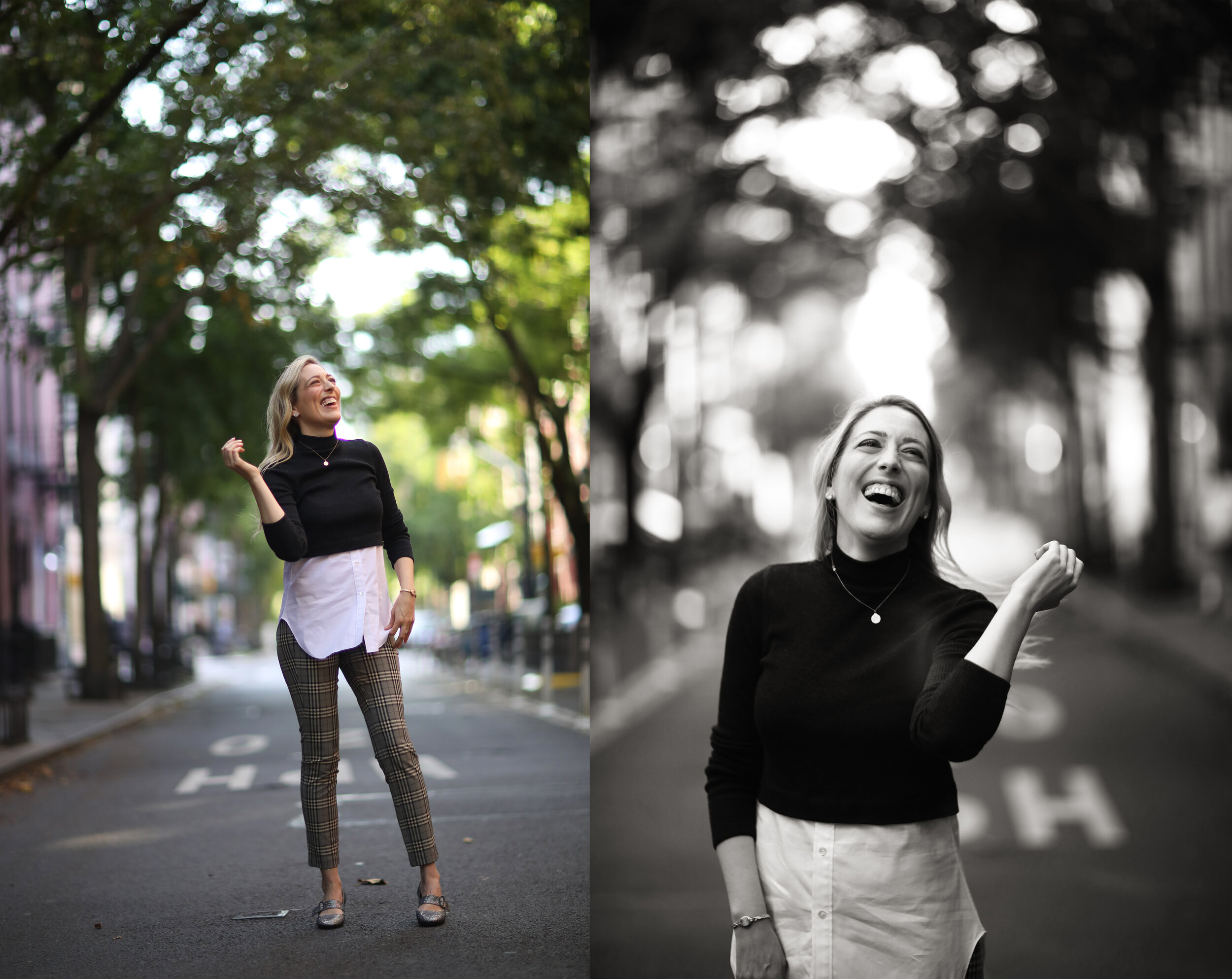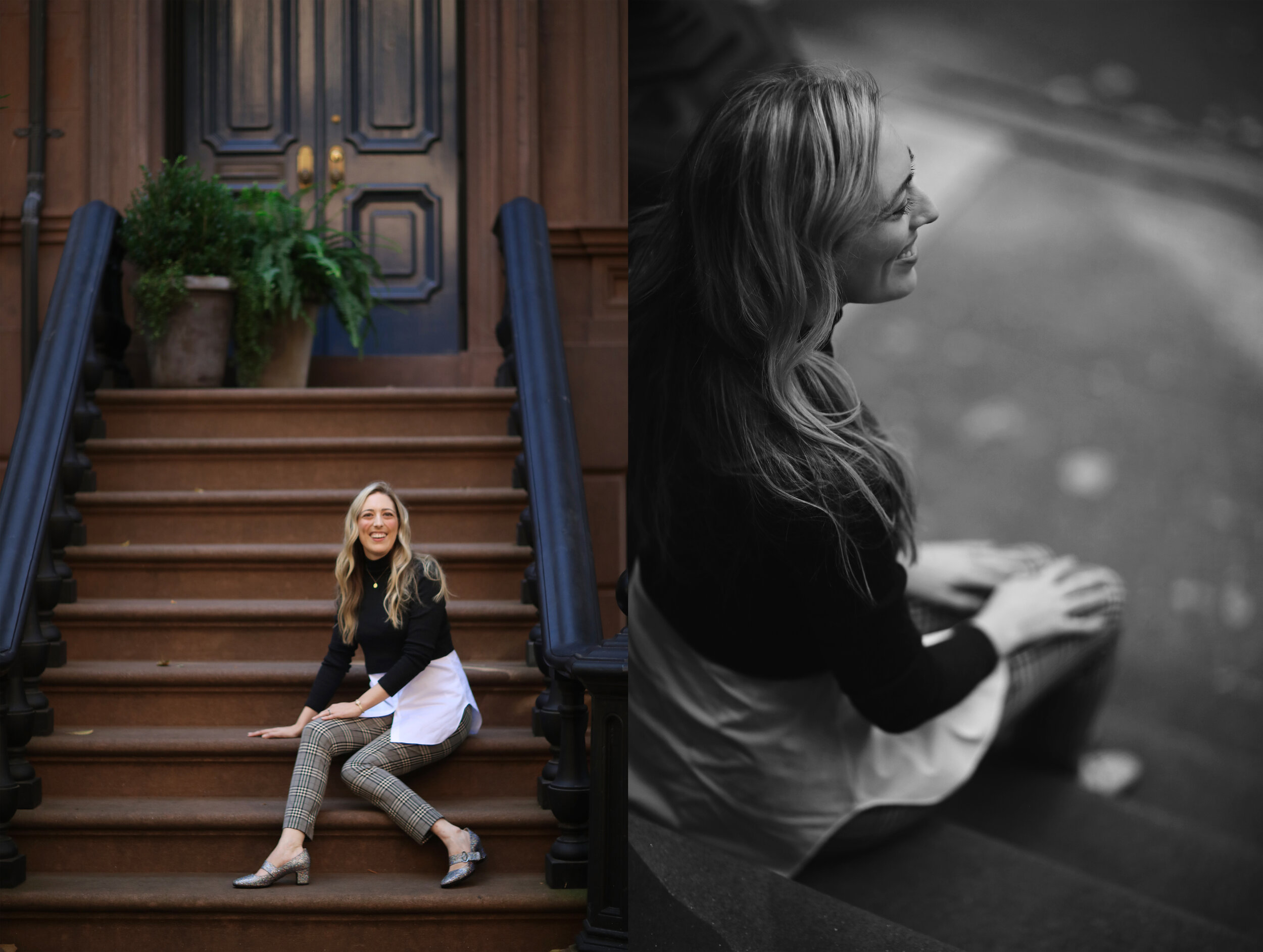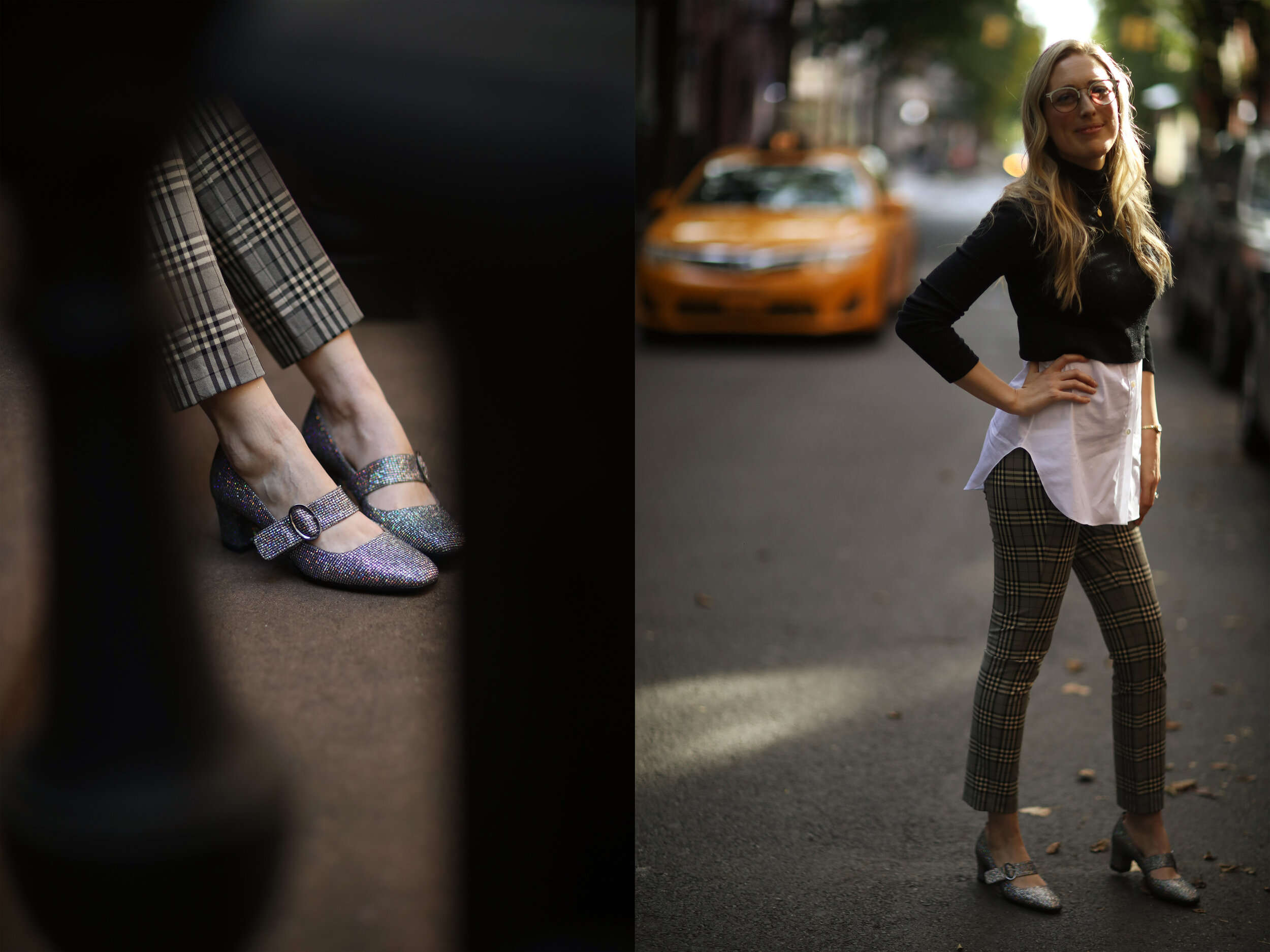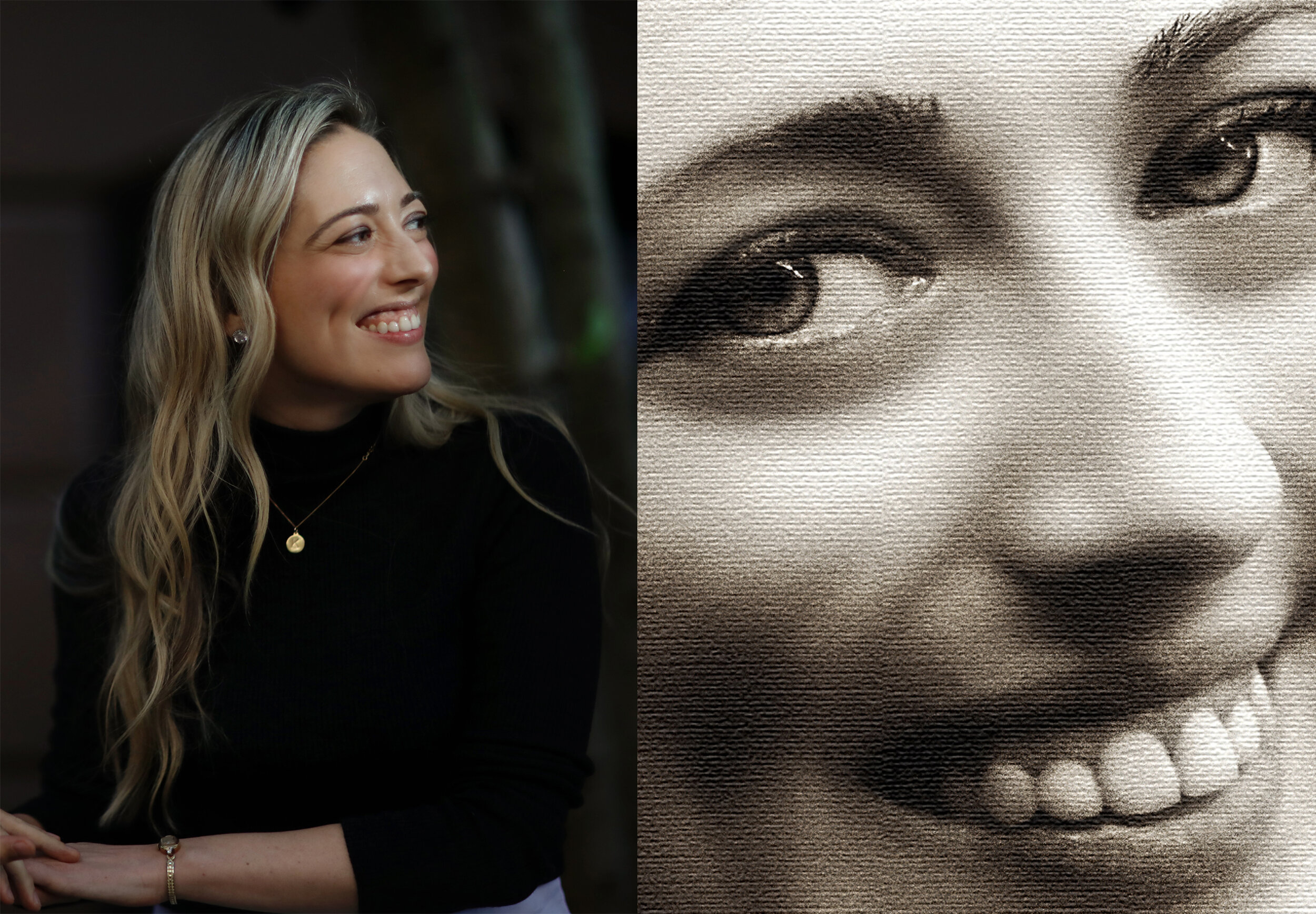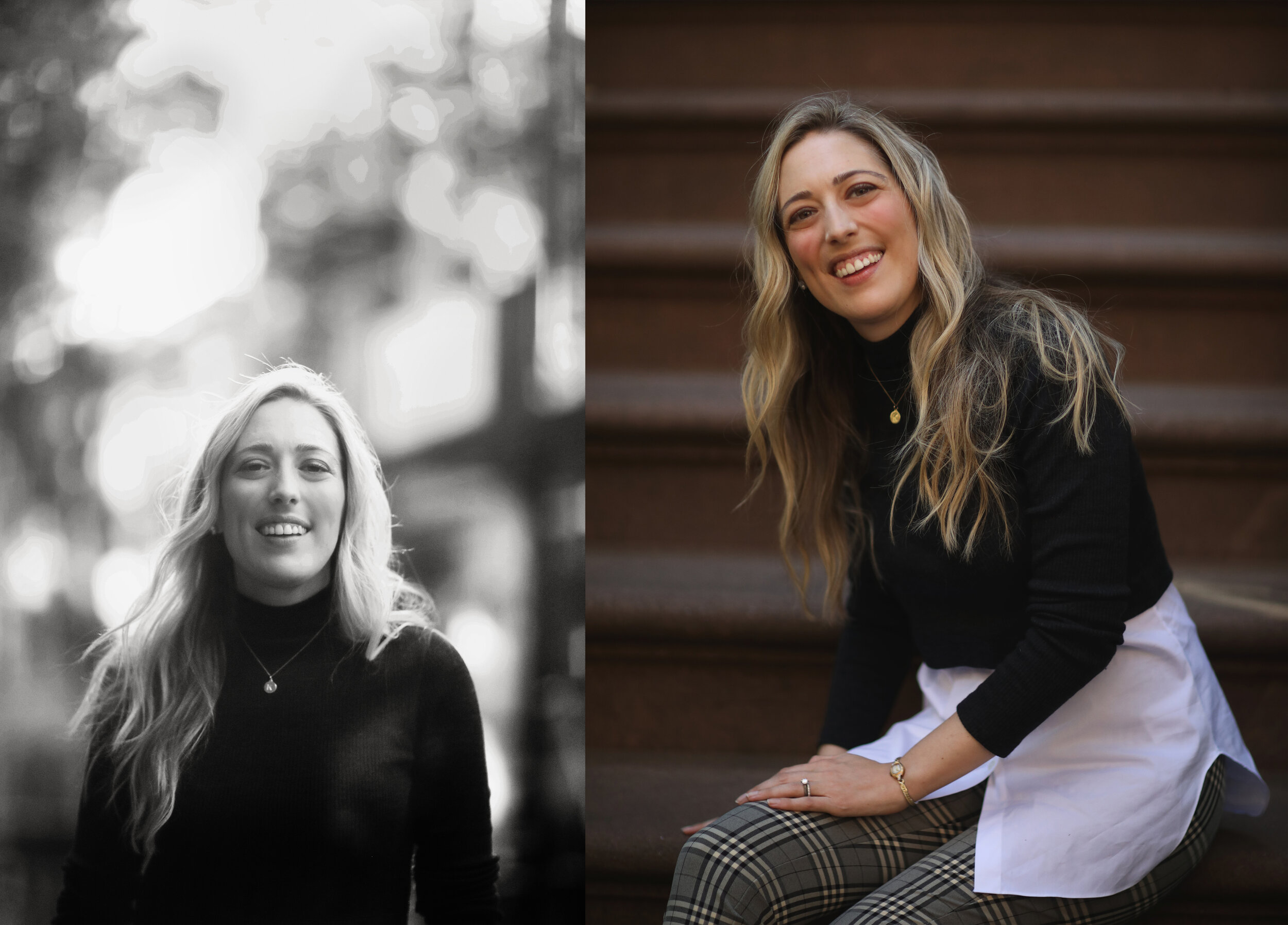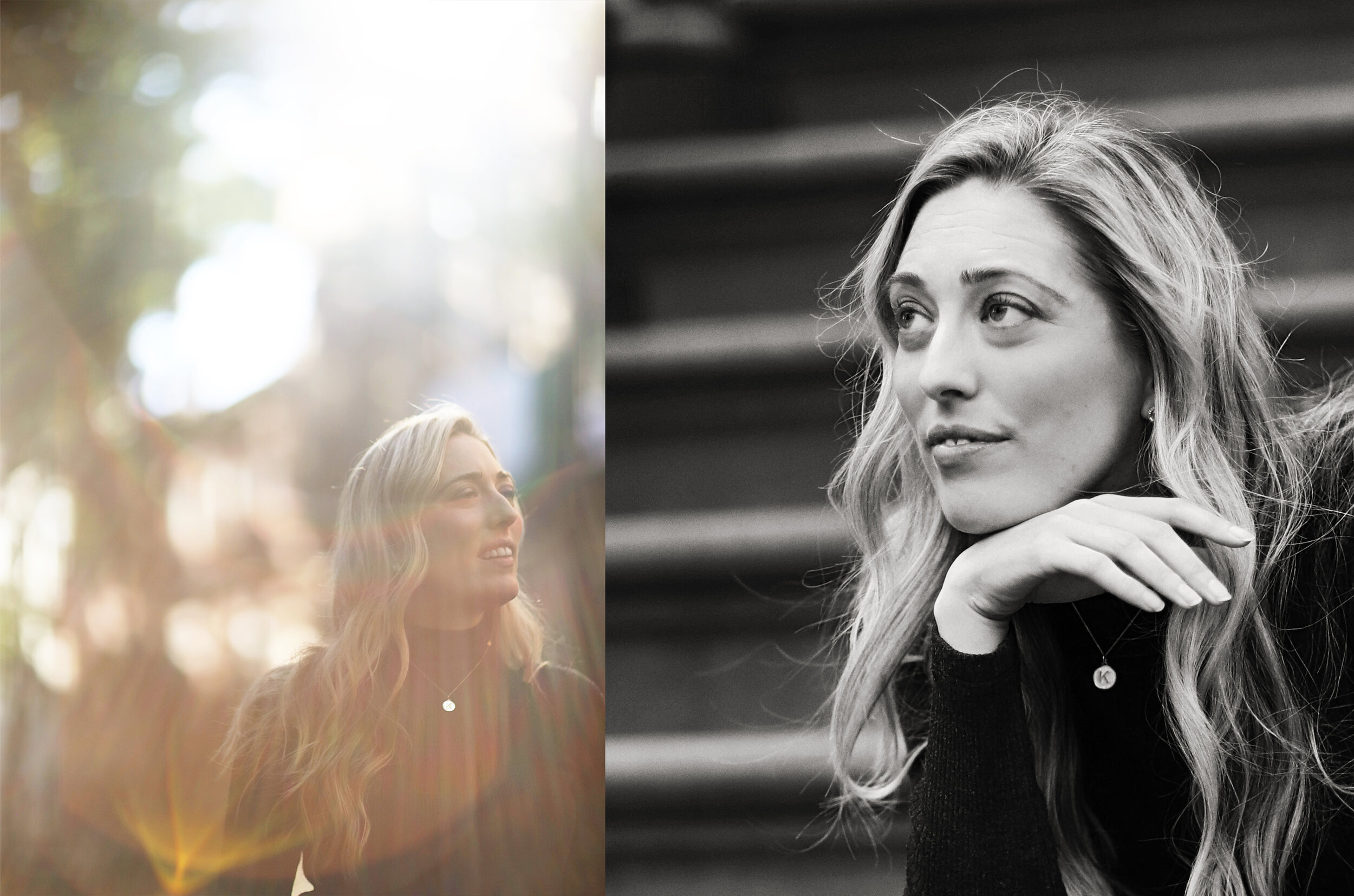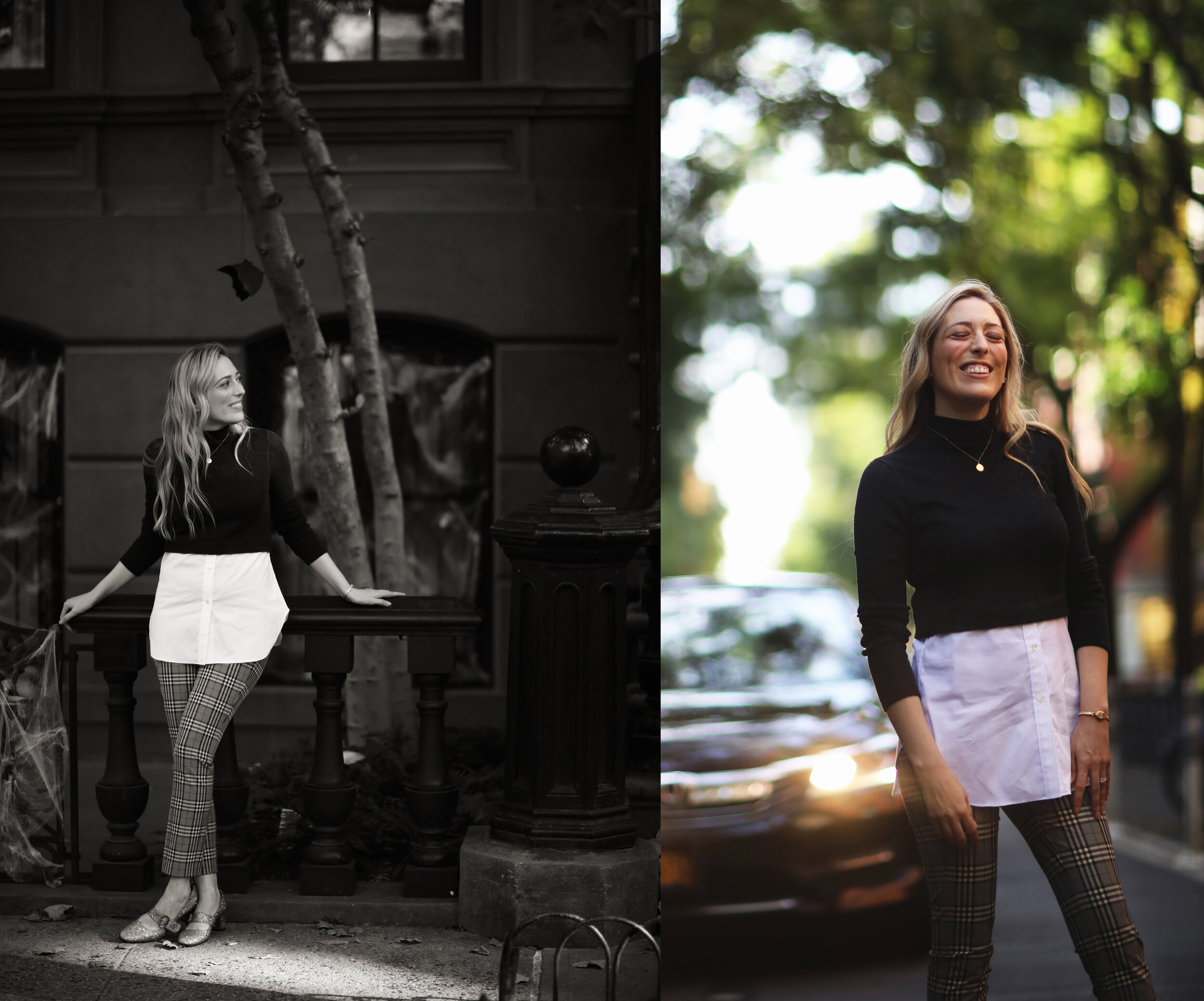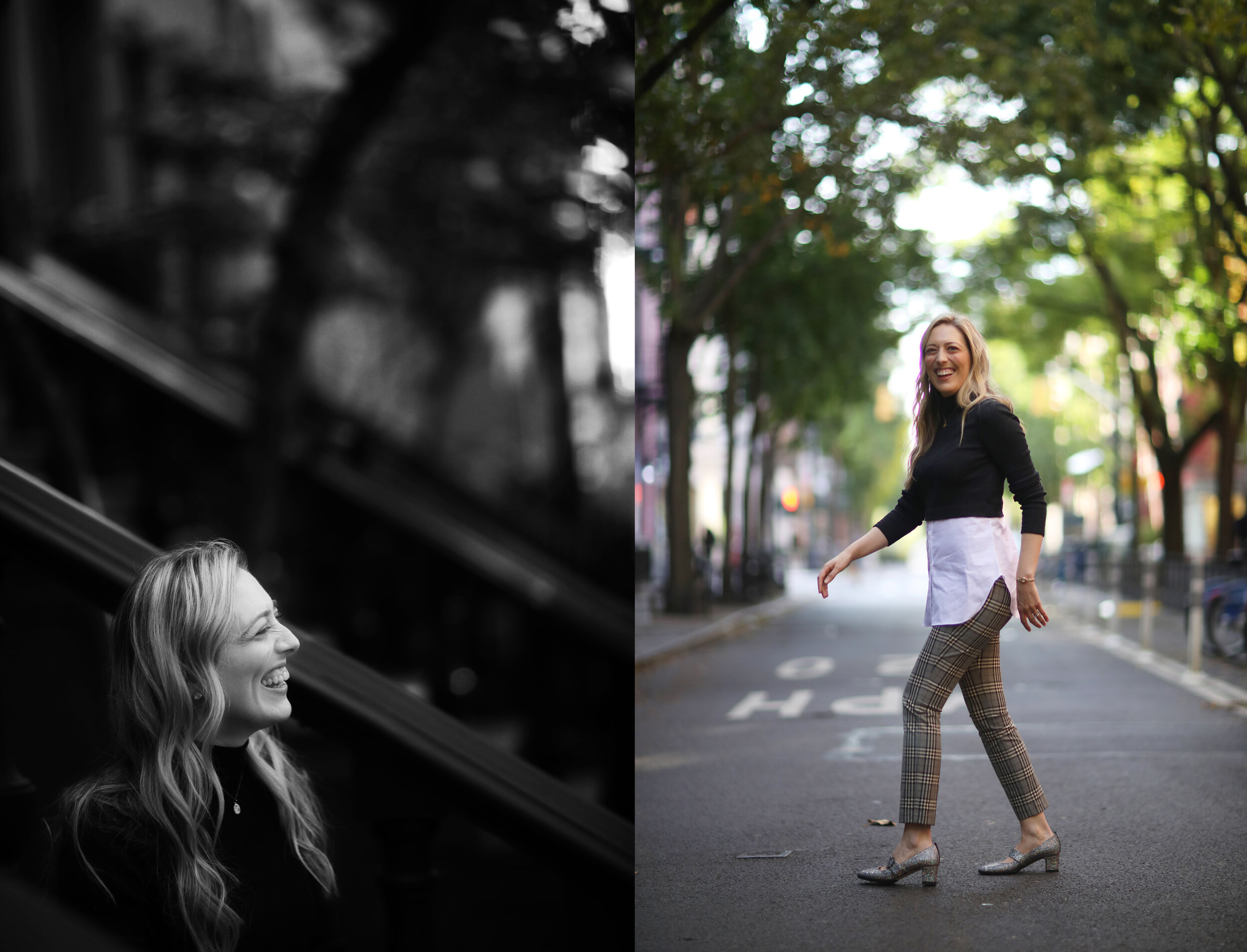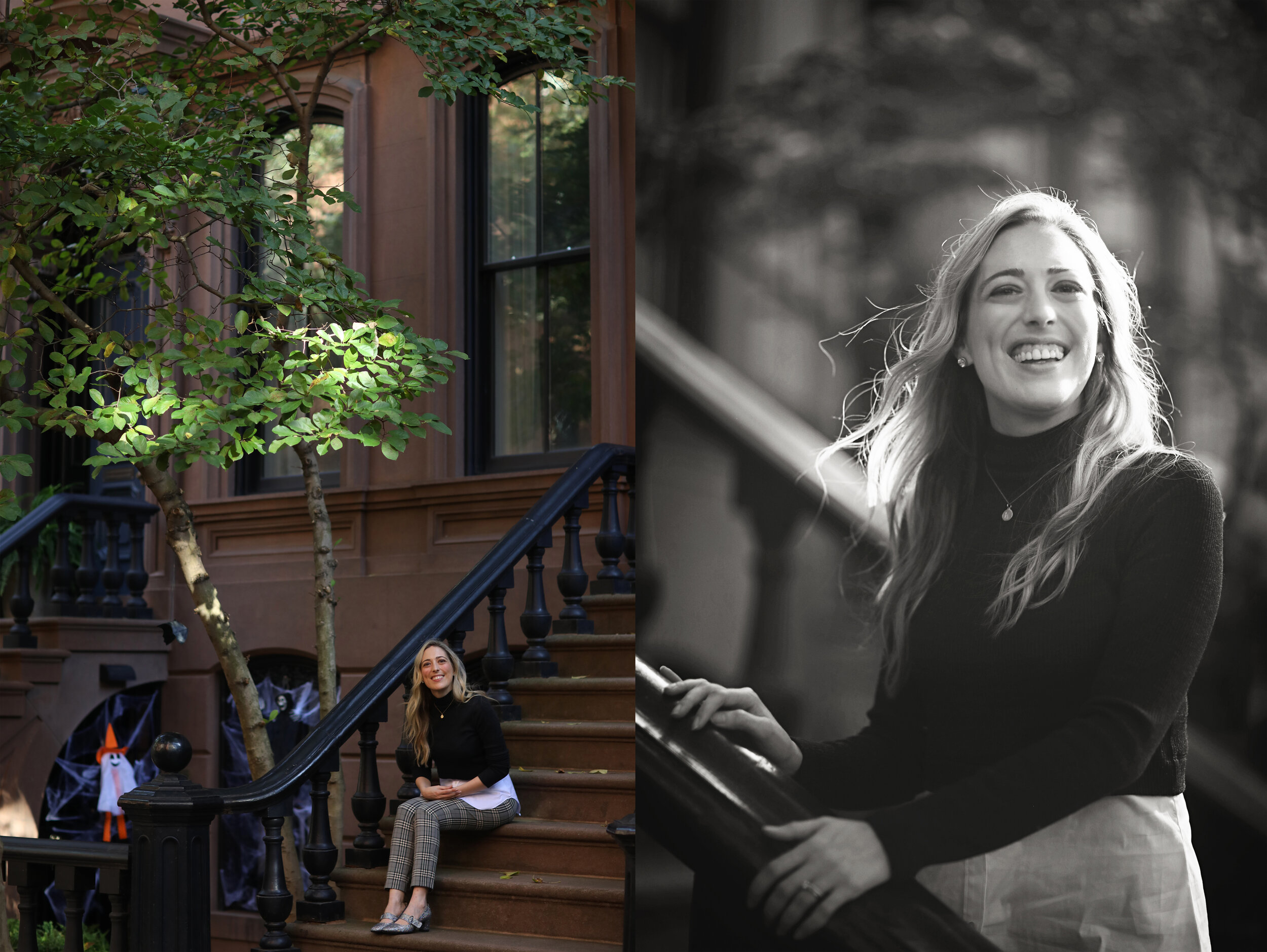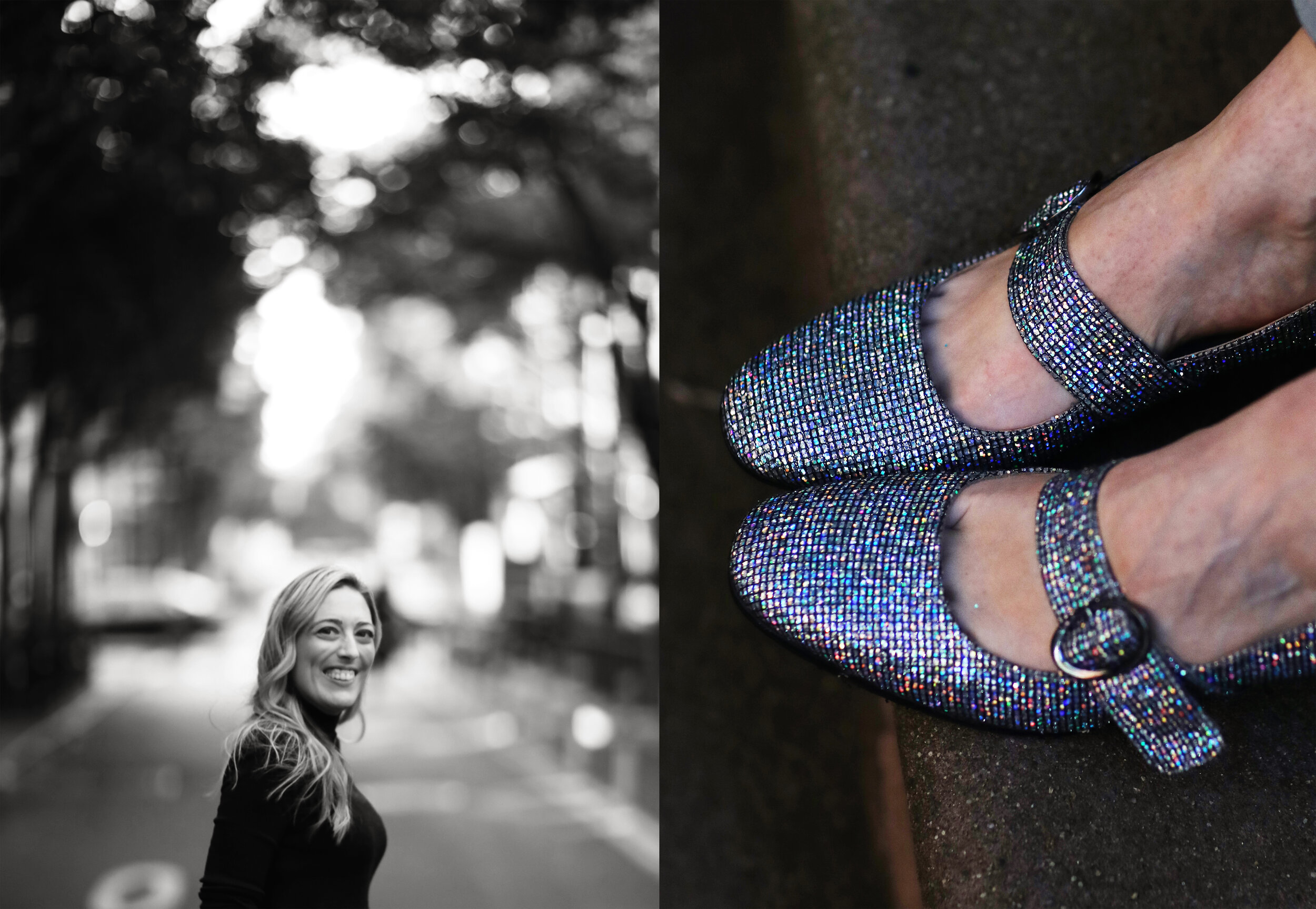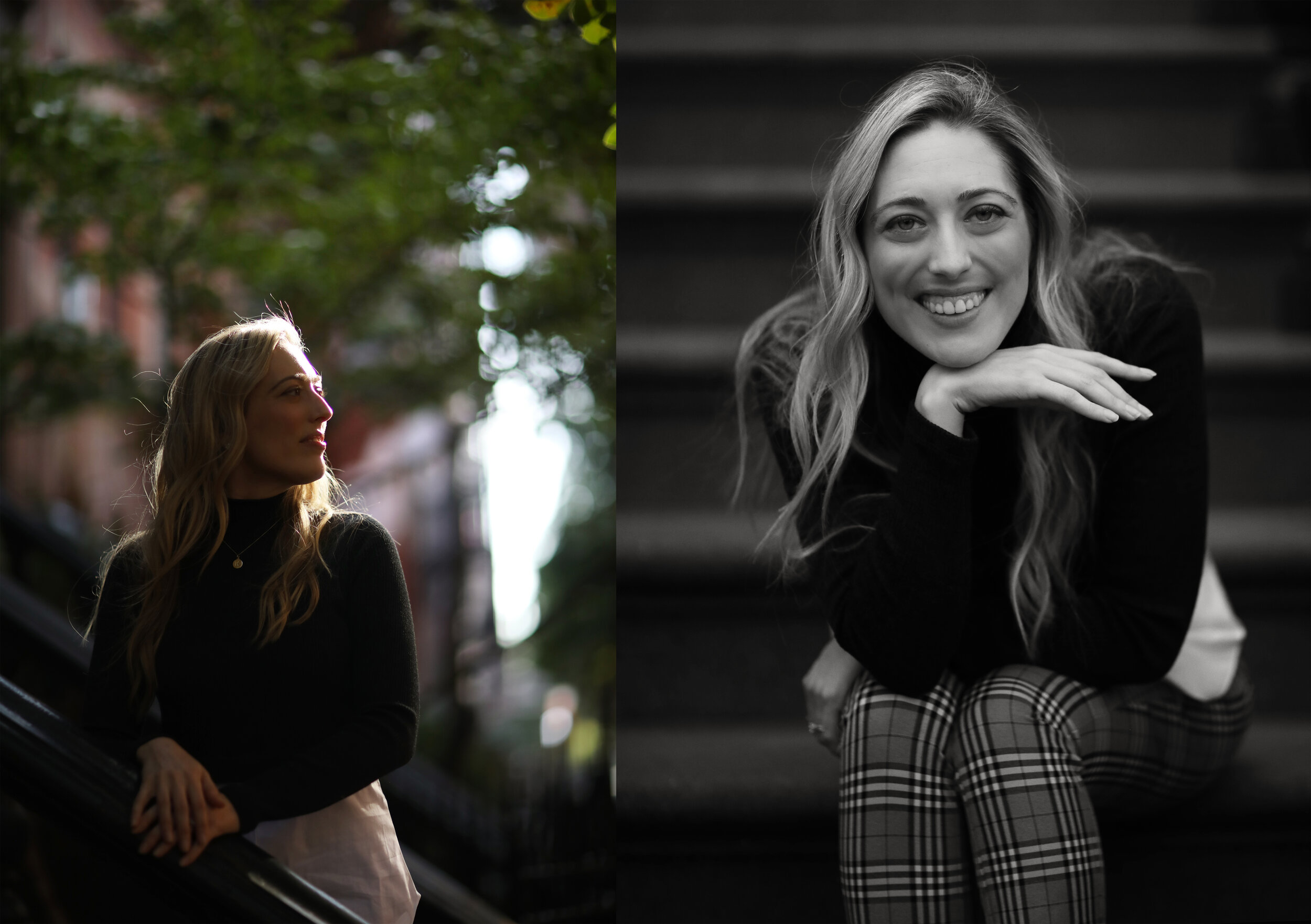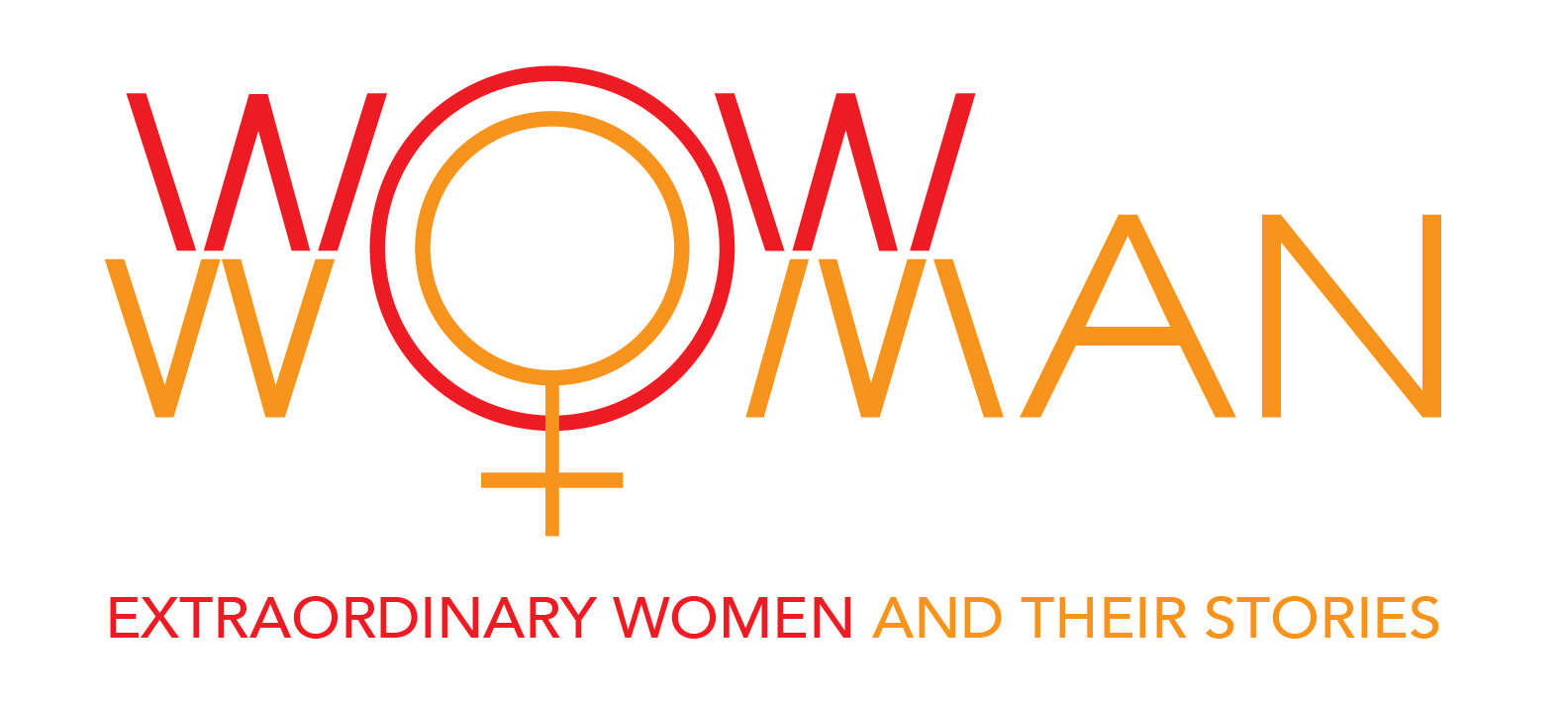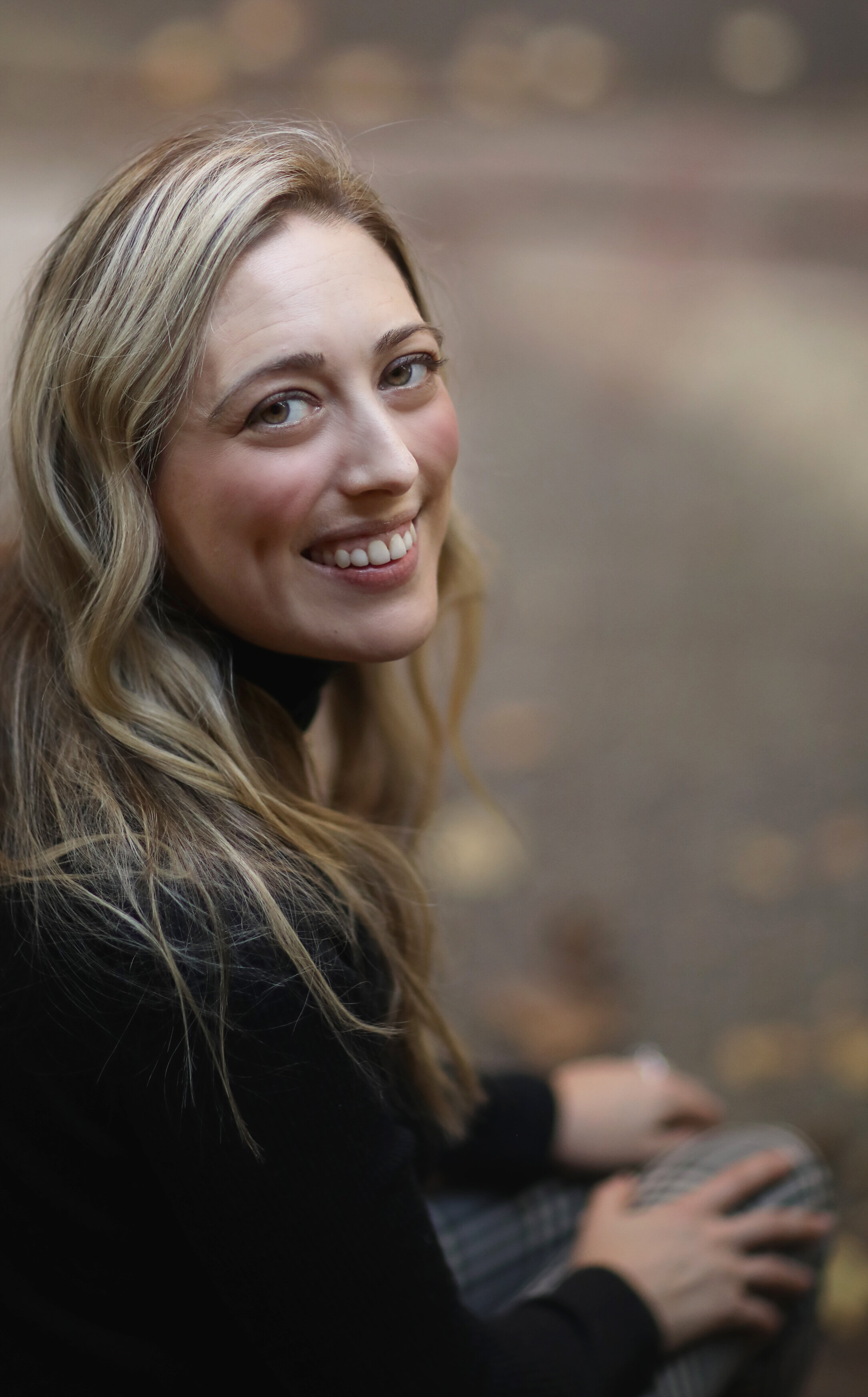Disability Activist, Speech Therapist, Creator, Adventurer, New York City
One of the most positive women I know, Ms. Kristel Kubart disarms you with her smile, confidence and kindness. She was nominated by a stuttering comedian and a WOW Woman tour de force. Ms. Kubart has found her voice in helping others face, live with and overcome stuttering. In fact the positive and encouraging coaching by Kristel focuses on getting passed speech obstacles and sheds positive light on living and thriving with disabilities. As someone with cerebral palsy, Kristel normalizes her experience, inspiring you to meet challenges head on. Through conversation and exposure she demonstrates to others a vibrant example of a woman in hot pursuit of her passions.
Ms. Kubart knows the power of her own voice and the importance of reaching individuals and especially kids with this positive messaging. This is the woman who helped to start a disability pride club at the elementary school where she works as a speech therapist. A welcoming and inclusive space available for 3rd, 4th, or 5th graders is a beautiful example of how our society is evolving and is hopefully becoming more open to embracing diversity. As one of Kristel’s biggest fans, I urge you to read her enlightening WOW Woman interview, while taking in that accompanying brilliant smile. Finally I immediately encourage you to follow her on Instagram for some seriously smile-inducing quality content.
1. Name
Kristel Kubart.
2. Where is your hometown?
I grew up in Farmingdale, New York (Long Island), USA
3. What is your profession/career/title/self-label/designation? What does your average day look like?
I am a speech language pathologist. My biggest passion is working with people who stutter! I conduct individual and group speech therapy sessions with kids, teens, and adults who stutter in person and virtually. My goal is to help people who stutter embrace their stuttering more and learn to trust their voice! I also work as a speech therapist in an elementary school with kids who have a variety of speech and language disorders.
4. What did you study in school?
In undergrad at the College of the Holy Cross, I was a psychology major and a studio art minor. After receiving helpful speech therapy in my early twenties, I was so inspired by it that I went back to school to become a speech language pathologist. I received my masters in speech and language pathology from Purdue University.
5. What was the journey like to get where you are (in life and career-wise)? Write about some of the achievements that you are most proud of. What was the breakthrough moment for you (in your personal life and/or career?) that set you on the current path in life?
Growing up with cerebral palsy and with stuttering, I got a lot of unwanted attention. People weren’t quite sure of what to make of the way that I walked or talked. I often felt like people were watching me, trying to figure me out. It’s not every day that you see a skinny little blonde girl walking on her tip toes with her left foot turned in. Neither is it all that common to see that same girl completely blocking on her name, face all twisted and no sound coming out. They didn’t know what to make of me. Sometimes they would stare, or laugh, or do a double take. Oftentimes, they still do. Coming to accept and eventually take pride in my disabilities has been a long journey. Over the years, with help from loving and supportive people, and some hard work on my part, I’ve grown more comfortable with my own voice and my own body. This has not been an easy process and I am still working on it today. I’ve struggled with negative societal messages about disability and my own feelings about what it means to be different. I’ve had to challenge myself to think, feel, and do things in a way that pushed me outside of my comfort zone. I’ve had to embrace the idea that it’s ok to be different.
In terms of a “breakthrough moment”, that set me on my current path in my life/career, I would say it was when my speech therapist, told me that, “Maybe it’s OK to just stutter.” I was in my early twenties and she was the first person to say this to me in such a clear way. When she said it, it resonated with me. I’m not sure if I would have been as open to it at a younger age, but at that point in my life I was ready to take in that message. My path to acceptance of my stuttering started with becoming more desensitized to it. In the past, when I stuttered on a word, I would push through it with a lot of tension. I would feel extremely embarrassed and want to run away. In helpful speech therapy though, instead of running away, I would stay in the stutter. I learned that I could be in the moment of stuttering without freaking out. My speech therapist challenged me to let the stuttering happen. As I stopped fighting it, I could stutter with less tension and struggle.
Yet another “break-through” moment that I think is important to mention would be meeting other adults who stutter who I admired. People that I came to realize are strong, beautiful, and brave. They were doing things in the world that matter, while stuttering. Meeting these people allowed me to develop a sense of pride in stuttering while being a part of this amazing community. Stuttering became a part of my identity that I was happy to embrace.
The excitement I felt when I started to see my stuttering in a new way never faded. I began to consider the possibility that I could assist others in changing the way that they view and respond to their stuttering too. It’s now been over 10 years that I have been a speech therapist and I love it so much. I am both passionate and committed to conveying the message that it’s OK to stutter, and that it’s OK to have any disability. My experiences with my own stutter and with cerebral palsy help me empathize with my clients. As a speech therapist, I offer my clients an opportunity to speak openly about their experiences with their disabilities – the difficulties, fears, embarrassments, opportunities, and joys that they often bring. I am also working on becoming more of a disability activist; changing the way that people with disabilities are viewed and treated in society.
6. How is your life different from what you pictured at 20?
Gosh, thinking back to being 20 years old is tough!College was a low point for me in dealing with my stutter.It was the time in my life when I was quite self-conscious and struggled the most.I still had friends and did a lot of adventurous and exciting things, but my fear of stuttering impacted everything.
If I’m being honest, what my 20-year-old self would have wanted for my future self is to figure out a way to stop stuttering. I was worried that I wouldn’t be able to have the life that I wanted or find love if I couldn’t free myself of my stutter. I could not have imagined what my life would be like today. I was able to get the life that I have by embracing my stuttering and being my authentic self. Today I have a career that I am passionate about. I am an expert in the area of stuttering, and I have given presentations on stuttering around the world. I also found the love of my life through my disabilities because I met my husband through a friend who stutters. I could not imagine being more in love with someone than I am with my husband Jason. We enjoy traveling and seeing the world together. As an able-bodied person who doesn’t stutter, Jason has always encouraged me to view my disabilities as a beautiful part of who I am. We are a team and we both put effort into the process of understanding and accepting my experiences. This is especially true in terms of my cerebral palsy, because I am not as far along in my acceptance of it as I am with my stuttering. At times, Jason helps me work up the courage to advocate for what I need. I think 20-year-old me would be proud of who I am today.
7. Was there a time when life knocked you down or out and how did you get back up on your feet?
I know you didn’t mean this literally, but as a person with cerebral palsy, I actually have a lot of experience with literally being knocked down off my feet. Cerebral palsy is a neurological disability, and it impacts both my strength and balance. I have many childhood memories of running on the sidewalk outside our suburban Long Island home. I would fall, hop back up, and then immediately go back to running. It wouldn’t be long before I would fall again, but at the time it didn’t bother me. I ran with a gait that was lopsided and labored, but when I ran, I was smiling! As I’ve gotten older though, falling can be more problematic because it’s much easier to injure yourself when you fall as an adult. There have been a few times when I’ve fallen and had a very difficult time “getting back on my feet”. One time recently, on a train from Paris to Amsterdam, I fell, and I sprained both of my ankles. It took about a year for them to heal. What helped me get back on my feet was the discovery of Pilates and finding a trainer who really understood my body. Pilates has helped me maintain a lot of my balance and strength as a person with cerebral palsy, and I’m very thankful for it.
I have many childhood memories of running on the sidewalk outside our suburban Long Island home. I would fall, hop back up, and then immediately go back to running. It wouldn’t be long before I would fall again, but at the time it didn’t bother me. I ran with a gait that was lopsided and labored, but when I ran, I was smiling!
8. Advice for other women?
Be kind to yourself.
9. Knowing what we know now in a current political climate, can women be "all that we can be" in today's world? What is the way forward, as you see it, for "feminist values"?
I don’t see how women in general can be “all that we can be” while living in a patriarchal society, the same way that disabled people cannot be “all that we can be” while living in an ableist society. I think there is hope though. Society is starting to change.
10. Where in the world do you feel “tallest” (i.e., where is your happy place)?
I probably feel “tallest” at stuttering conferences. Can you believe there are stuttering conferences where hundreds of people who stutter gather together? I always love connecting with my stuttering community. There are national conferences through nonprofit organizations like the National Stuttering Association and FRIENDS. There are also international conferences where you can meet people who stutter from around the world. It is at these conferences where I feel “tallest”.
Disabilities aren’t openly spoken about very much in our society. I think this lack of dialogue leads to there being many misconceptions about disability. There is a myth that disabilities are “bad” or “wrong” and that people with disabilities are somehow “less than” their able-bodied peers.
11. What extra-curricular activities/hobbies are you most proud of? Why?
I helped to start a disability pride club at the elementary school where I work as a speech therapist. It’s a club that meets once a month and it’s open to any 3rd, 4th, or 5th grader who wants to join (you don’t have to have a disability to join, some kids have disabilities and some join as allies). I’m really proud of it because I’m realizing that it’s something that is desperately needed. Disabilities aren’t openly spoken about very much in our society. I think this lack of dialogue leads to there being many misconceptions about disability. There is a myth that disabilities are “bad” or “wrong” and that people with disabilities are somehow “less than” their able-bodied peers. This club is a place for kids to learn more about all kinds of disabilities and to challenge some of these ableist ideas. We read children’s books and watch videos from the perspective of people with disabilities. We have also started to learn about the disability rights movement. Importantly, the club provides a safe space for the kids to talk openly about their own experiences of having disabilities. Sometimes, this is their first time ever doing so. I have a lot of plans for this group, like inviting guest speakers and teaching the kids how to advocate for themselves and for the rights of others.
12. What do you want to be when you grow up? Future goals/challenges?
I’d like to see my disability pride club, and things like it, to be more common. I think it would be cool if other schools created something similar.
13. What fears are you still hoping to overcome?
I’m still hoping to overcome a fear of “being out front”.
Historically, I’ve felt more comfortable being behind the scenes. I’m not sure if this is because I’m a woman and sexism has taught me that my voice isn’t very powerful, or if it’s also because I have disabilities and internalized ableism makes me feel like my voice doesn’t matter. Maybe it’s a combination of the two. Maybe it’s something else. Regardless of the reason, I’m realizing that I have a unique perspective on things, and that I’d like to be in the spotlight more often. This is a fear of mine though, and it is something that I am working on.
14. Anything you'd do differently, if you had another go at life?
If I had another go at life, I would have liked to have met role models with disabilities earlier in life. It’s made my life monumentally better, especially in the way that I feel about myself.
15. What inspires you?
Travel! My happy place might be the airport, on the way to some new adventure. The experiences I’ve had while traveling are some of my most treasured memories.
My husband and I have traveled to 49 states and 21 countries together. Our first trip after the pandemic is going to be Alaska. Then we will have been to all 50 states! The pandemic hasn’t slowed down our zest to find adventure though. We’ve still been able to find many fun, covid safe, outdoor adventures in NYC. One of the quirky things I like to do is go to different movie locations and recreate some of my favorite scenes. I also like to find fun, creative food items to eat around the city. If you follow me on Instagram, you’ll see what I mean.
16. What are you hopeful about?
I’m hopeful about the power of the world to change through the telling of one’s story. I think that when people open up and are vulnerable, other people can connect to it and feel less alone. I think there’s so much hope in that!
17. What are some ingredients to a good life?
Passion, Travel, Family and Love.
18. What are (at least) three qualities you most love about yourself and why? What are your superpowers?
Empathy. I have deep empathy for others
Creativity. I love to create beautiful things.
Joy. I have a zest for life and a desire to find joy in most things.
19. What advice would you give your 14-year-old self?
Don’t try so hard to fit in. Abandon “perfection”. It doesn’t exist. Also, you look cute in your braces.
20. What are you reading now? (what books do you gift most and what are your favorite reads?)
Right now, I’m reading the biography of Judy Heumann called “Being Huemann: An Unrepentant Memoir of a Disability Rights Activist. She’s the founder of the disability rights movement and I admire her so much. She’s a definite WOW Woman and her memoir is a must read! As far as what books I like to give as gifts, I’ve started gifting “I Talk Like a River” to friends that have kids. It’s a beautiful children’s book about being a kid who stutters.
21. Who is a WOW WOMAN in your world who inspires you and why? Can you nominate three (or more) women you know who perfectly fit WOW WOMAN description? What would you tell them, if you had an opportunity, why you admire them?
There have been many women in my life that really WOW me; it’s so hard to choose just three! I would tell them all that they inspire me to be happy, brave, and more comfortable in my own skin.
22. Where can others find you/your work (links to websites, blogs, etc.)?
You can find me at home in New York City.
You can reach me by email at kristelkubart82@gmail.com
You can follow me on Instagram: @kristelkubart
You can friend me on Facebook: Kristel Kubart


